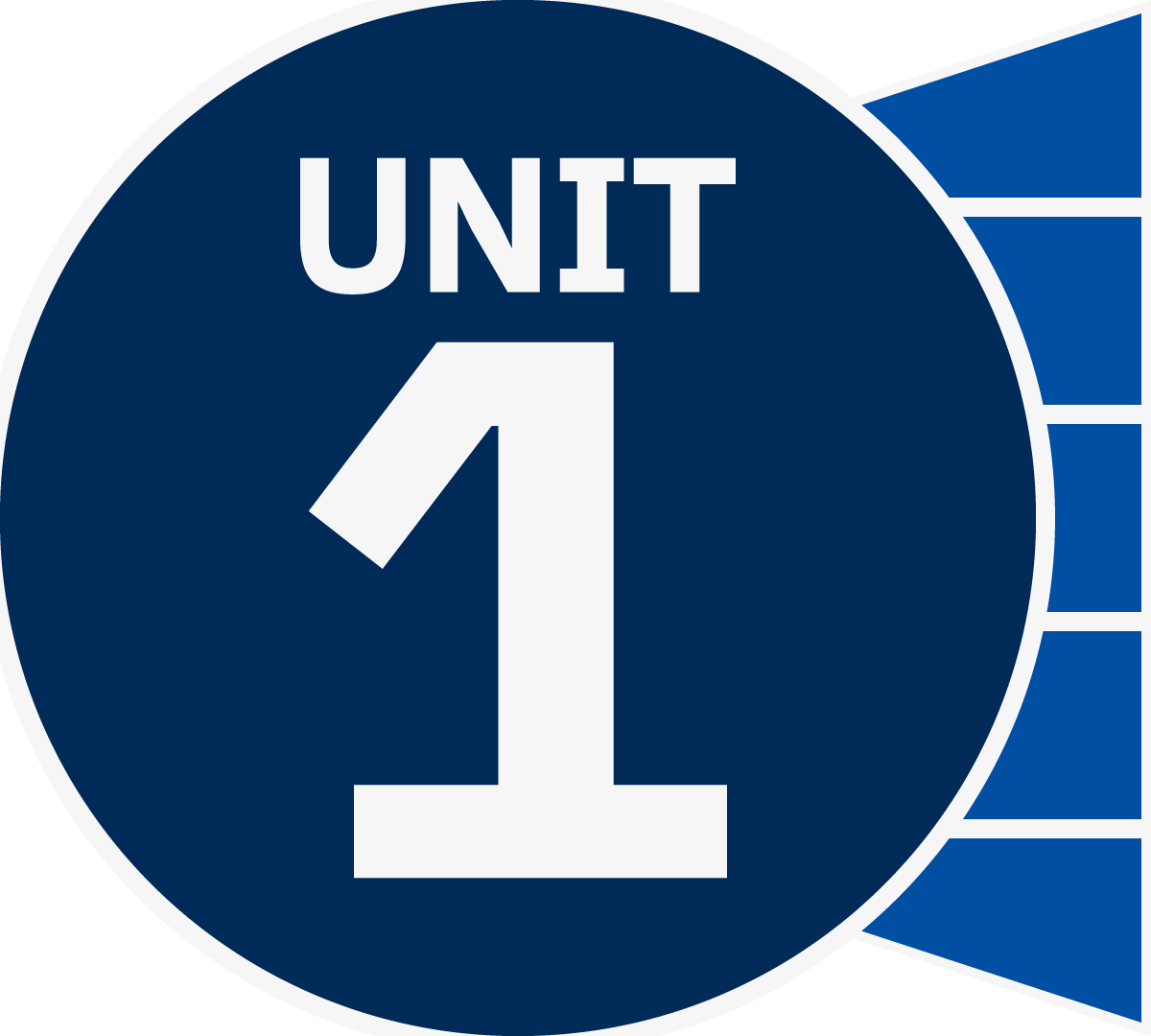Inquiry Companion: Unit 1
Inquiry Guide Activity
- Unit 1, Lesson 2: What Ideas about Civic Life Informed the Founding Generation?
- Unit 1, Lesson 2: Why Do We Need Government?
- Active learning
- Critical thinking
- Real-world application
- Social awareness
- Analyze life without rules or laws
- Appraise the need for rules and laws
- Use the Exit Ticket to answer the compelling question
- Why do we need rules or laws?
- consent of the governed Agreement by citizens to obey the laws and the government they create. Consent is the source of government’s legitimacy.
- human rights Basic rights and freedoms said to belong to all people everywhere.
- natural rights The idea that people have basic rights, such as those to life, liberty, and property in a state of nature. Some writers, especially those influencing the American Founders, argued that certain of these rights are inalienable—a part of being human—and that people create governments to protect those rights.
- social contract An agreement among the people to set up a government and obey its laws.
- state of nature A situation where people are living without government. This is also known as anarchy.
- Welcome students to social studies.
- Introduce the inquiry question: “Why do we need rules or laws?”
- Allow students time to make a prediction about the inquiry question as well as offer their own supporting questions.
- Play the video, India Driving.
- While students are viewing the video clip, ask students to record their observations using the See, Think, Wonder organizer.
- Encourage students to share their initial observations.
- Facilitate a class discussion by asking the following questions:
- What happens if there are no traffic laws or rules?
- Possible answers: Cars can drive any way they want, which might cause traffic problems, and someone could get hurt
- Why is it important to have traffic laws or rules?
- Possible answers: To protect people and property from getting hurt, public safety
- Who enforces laws and rules?
- Possible answers: Police, the military, government, peer pressure, people themselves feel the obligation to do the right thing
- What happens to those who do not follow laws and rules?
- Possible answers: People can get fined or punished, serve jail time, lose their license
- What happens to freedoms when there are no laws and rules?
- Possible answers: We lose our freedoms, society is in chaos, people could be hurt
- What happens if there are no traffic laws or rules?
- Play the video Thomas Hobbes and John Locke: Ideas that Informed the American Founders, Part 2. As students watch, they should listen for one idea from Hobbes and one idea from Locke.
- Play the video a second time to support comprehension as needed.
- Allow time for students to share the Hobbes and Locke ideas they learned from the video.
- Display Unit 1 Engage: Caption This and provide each student with a sticky note.
- Working in trio teams, have students create a caption for the cartoon and post on board. You might ask students to phrase their captions as questions. An example of such a caption might be as follows: “How might individuals protect their natural rights in a state of nature?”
- Allow time for students to view each others’ captions.
- Students will complete the Exit Ticket to answer today’s inquiry question: “Why do we need rules or laws?”
- What would life be like if there were no government, rules, or controls?
- Would people have rights and duties?
- How would rights and duties be enforced?
- Why might people choose to trade some of their freedom to live in society or form a government?













